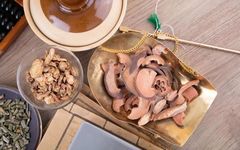We all know that kidney deficiency is divided into kidney yin deficiency and kidney yang deficiency. Kidney yang has the functions of warming and transforming the body, while kidney yin serves as the material basis for nourishing and moistening various organs and tissues. The two interact and influence each other.

The kidneys are the foundation of congenital essence and should be stored rather than leaked. Therefore, kidney diseases often present as deficiency syndromes. When diagnosing, it is essential to distinguish whether it is yin deficiency or yang deficiency. Today, I summarize the classifications of yang deficiency and yin deficiency.
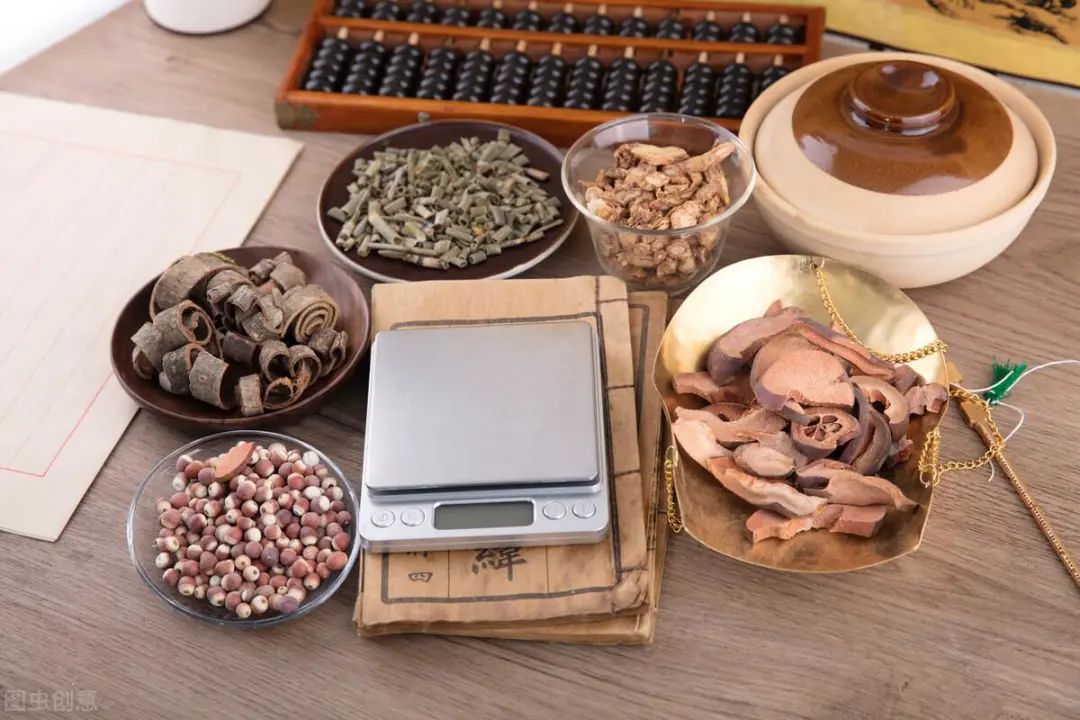
1. Yang Deficiency:
- Kidney Yang Deficiency
Pathogenesis: Sexual exhaustion injures the kidneys, leading to deficiency of the lower source, decline of the Mingmen fire, or congenital weakness, and prolonged illness without recovery.
Symptoms: Weakness in the lower back and legs, feeling cold, pale complexion, dizziness, tinnitus, lack of sexual desire, pale tongue, weak pulse.
Treatment principle: Warm and tonify kidney yang.
Formulas: Jin Gui Shen Qi Wan (Golden Cabinet Kidney Qi Pill) or You Gui Wan (Right Return Pill). - Kidney Qi Not Firm
Pathogenesis: Prolonged illness leads to loss of nourishment, excessive labor, and depletion of kidney qi, resulting in loss of the ability to store and control.
Symptoms: Spermatorrhea, frequent urination, clear and prolonged urine, incomplete urination, lower back and spine weakness, hearing loss, pale complexion, pale tongue with thin white coating, weak pulse.
Treatment principle: Firm and control kidney qi.
Formulas: Da Bu Yuan Jian (Greatly Tonifying Original Decoction) or Mi Jing Wan (Secret Essence Pill). - Kidney Fails to Receive Qi
Pathogenesis: Prolonged illness leads to qi deficiency, injuring kidney qi, causing qi to fail to return to the source, and the kidneys lose the ability to receive and store.
Symptoms: Shortness of breath, wheezing, worsening with activity, cough with sweating, pale complexion, pale tongue with thin coating, weak pulse.
Treatment principle: Receive qi and return it to the kidneys.
Formulas: Ren Shen Hu Tao Tang (Ginseng and Walnut Decoction). - Kidney Deficiency with Water Overflow
Pathogenesis: Congenital weakness, prolonged illness leads to loss of nourishment, depletion of kidney yang, failing to transform and warm fluids, resulting in water evil overflowing and rising or leaking to the skin.
Symptoms: Generalized edema, especially in the lower limbs, abdominal distension, reduced urination, water phlegm, thin and profuse phlegm, wheezing upon movement, pale tongue with white coating, deep and slippery pulse.
Treatment principle: Warm yang and transform water.
Formulas: Zhen Wu Tang (True Warrior Decoction) or Ji Sheng Shen Qi Wan (Kidney Qi Pill for Life Preservation).
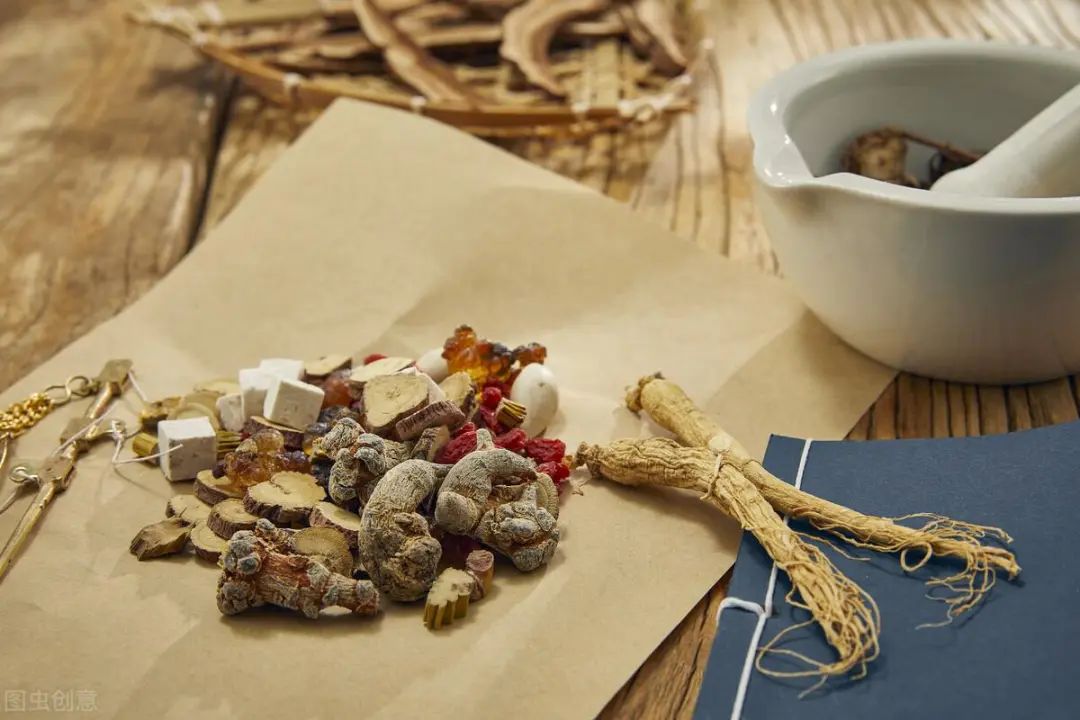
2. Yin Deficiency:
- Yin Deficiency with Excess Heat
Pathogenesis: Erratic desires or heat illness depletes kidney yin, leading to internal heat from yin deficiency, and water depletion causes floating fire.
Symptoms: Night sweats, tidal fever, irritability and insomnia, lower back and spine pain, dry and painful throat, yellow urine, constipation, red tongue with little coating, thin and rapid pulse.
Treatment principle: Nourish yin and clear heat.
Formulas: Zhi Bai Di Huang Tang (Anemarrhena, Phellodendron, and Rehmannia Decoction). - Kidney Yin Deficiency
Pathogenesis: Prolonged illness depletes true yin, irregular sexual activity, and excessive fatigue.
Symptoms: Physical weakness, lower back and leg weakness, incontinence, forgetfulness, insomnia, dizziness, tinnitus, dry mouth, red tongue with little coating, thin pulse.
Treatment principle: Nourish kidney yin.
Formulas: Liu Wei Di Huang Wan (Six-Ingredient Rehmannia Pill).
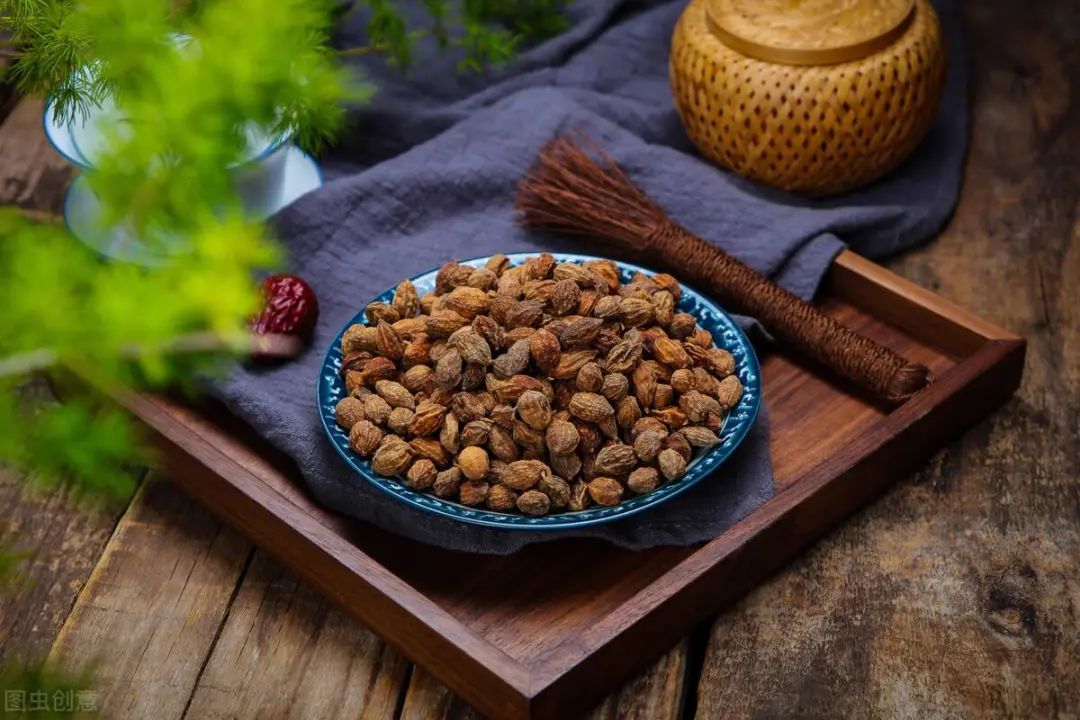
In summary, patients with kidney yang deficiency should follow the principle of warming the kidneys and tonifying fire, supplemented with nourishing essence and marrow products to enrich their source of life; they should avoid cooling and moistening, and prefer sweet and warming tonics to supplement yang and balance yin, allowing the sinking yin to disperse and yin to follow yang, which is referred to as “nourishing the source of fire to dispel the shadow of yin.”
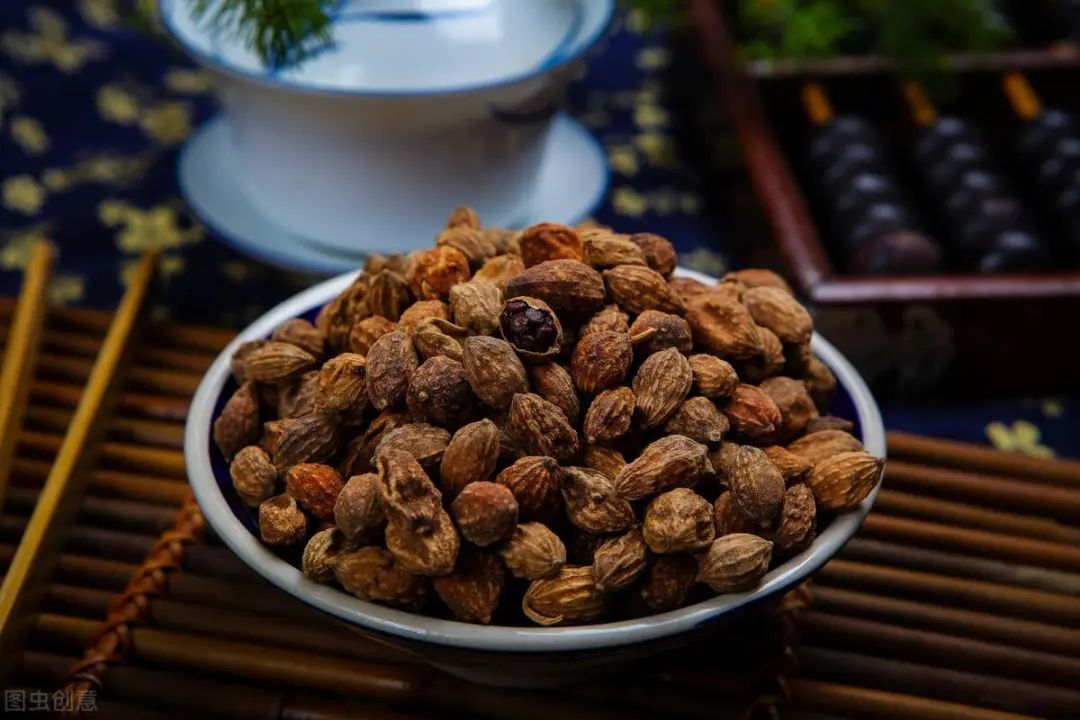
Patients with kidney yin deficiency often lead to excessive fire, with yin deficiency generating internal heat. The treatment principle focuses on nourishing yin and clearing excess fire. Those with yin deficiency should avoid spicy and drying foods, as well as excessively bitter and cold items, and should prefer sweet and moistening tonics to nourish yin and balance yang, allowing the excess fire to descend and yang to return to yin, which is referred to as “strengthening the master of water to control the sunlight of yang.”

